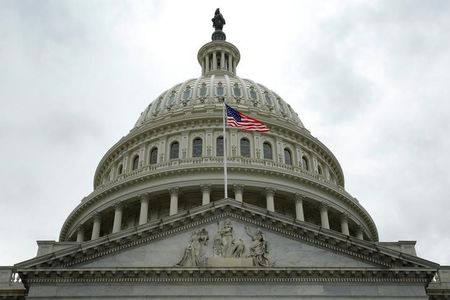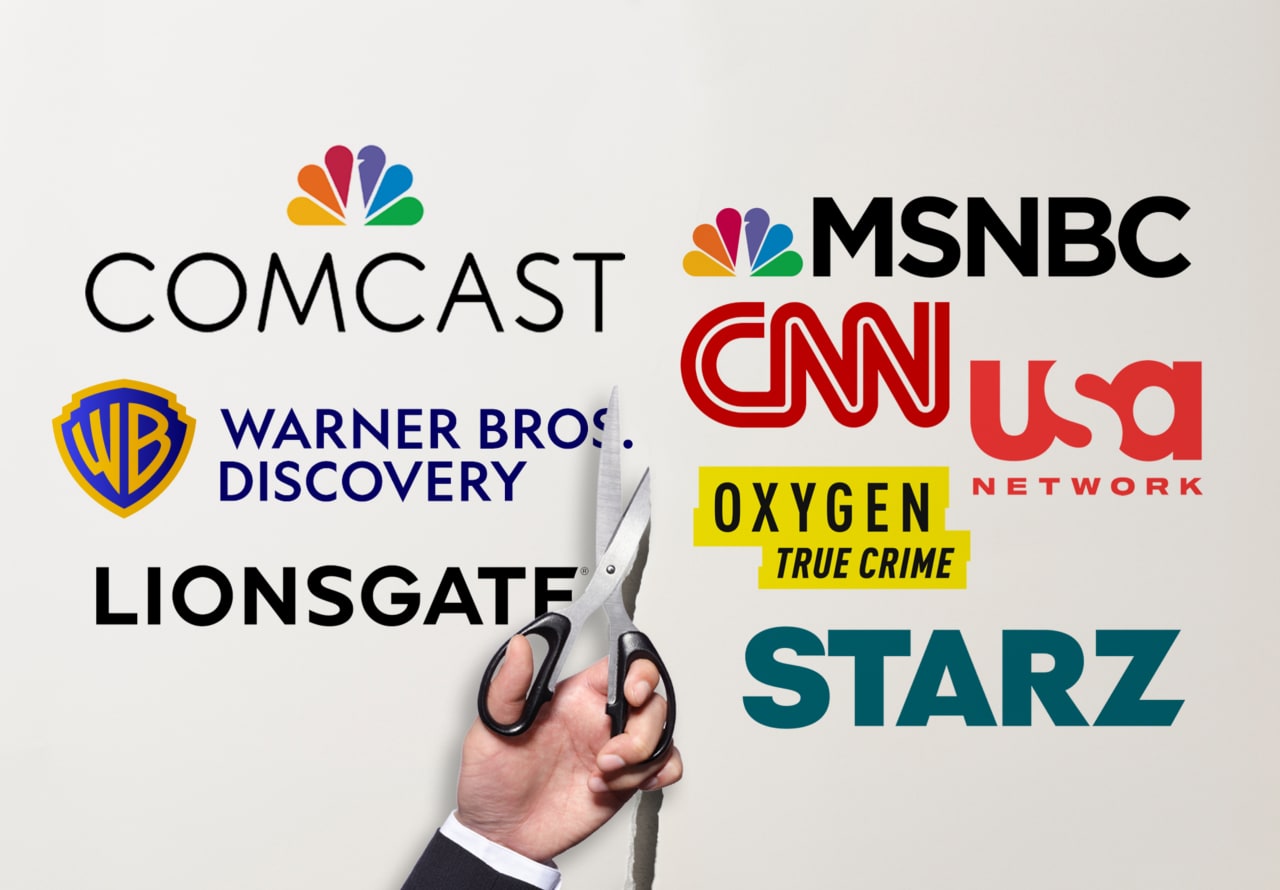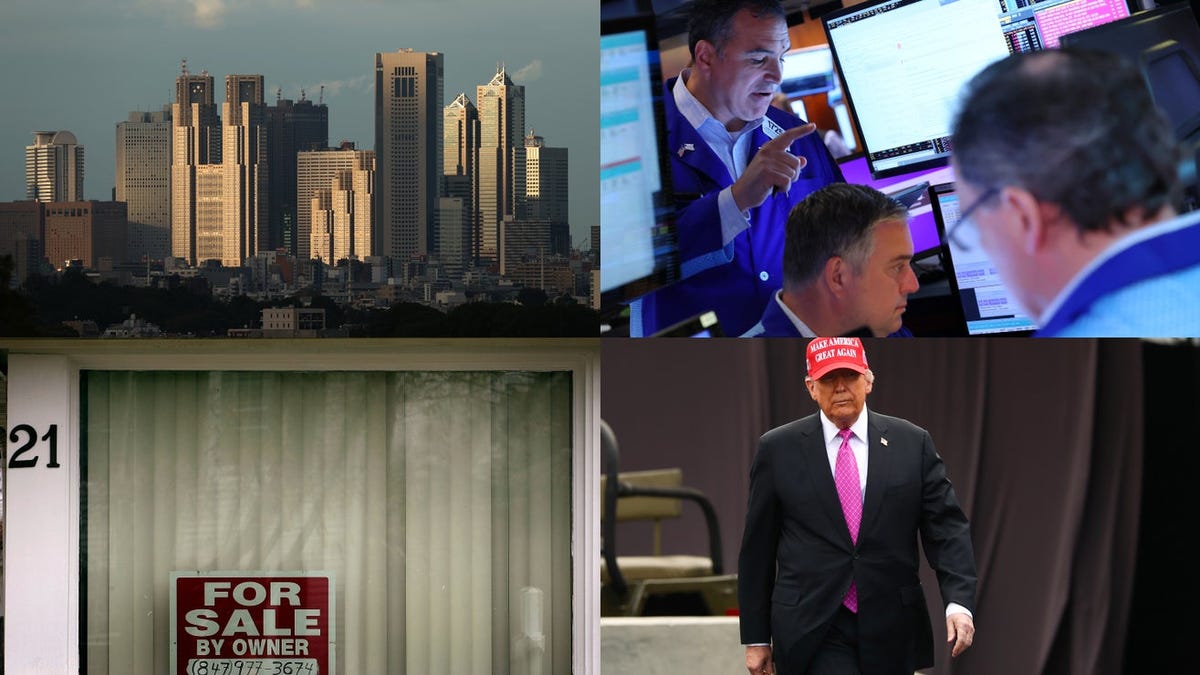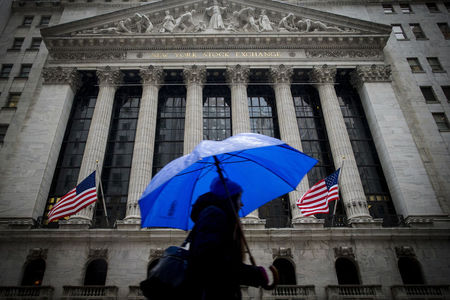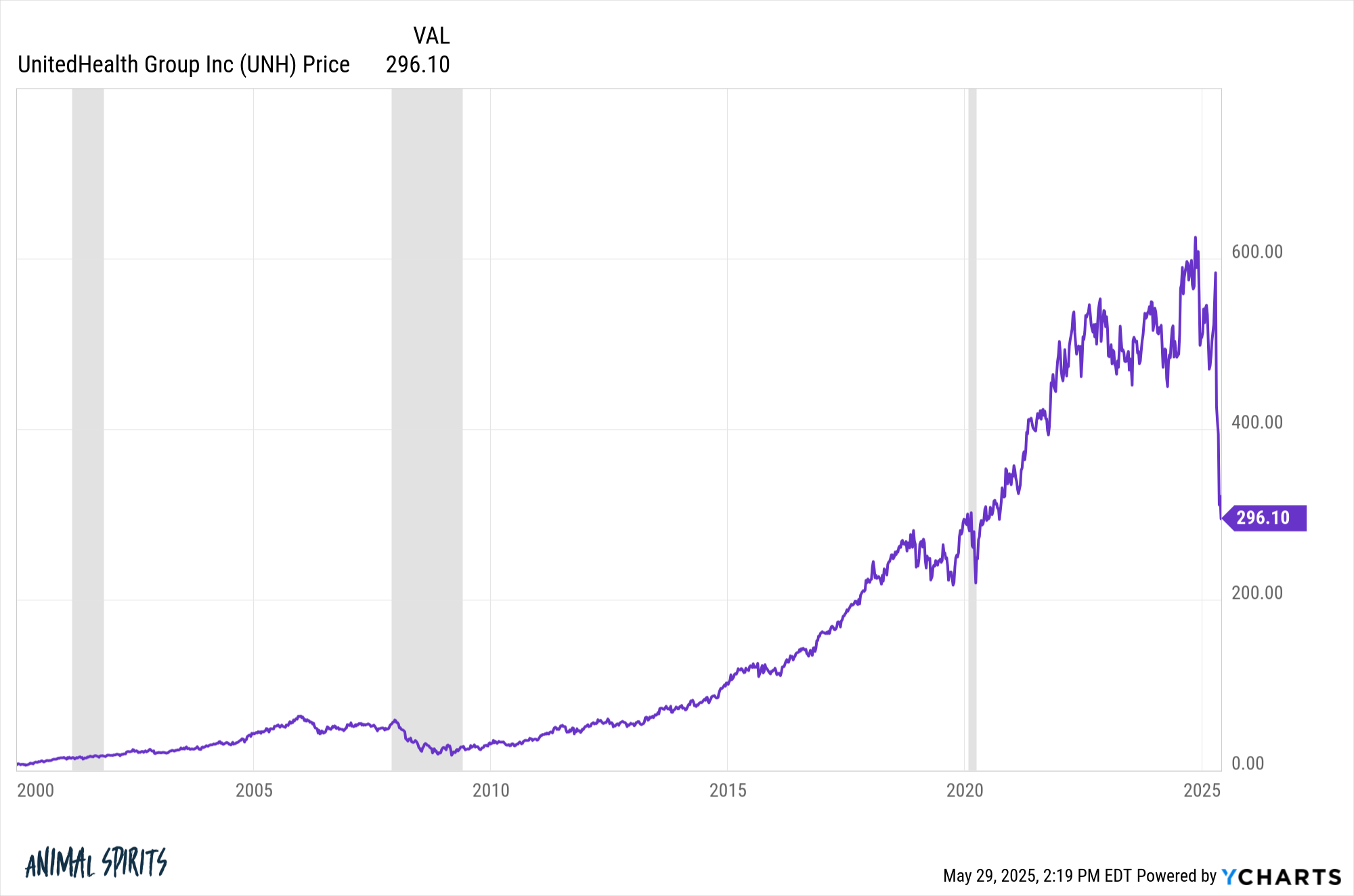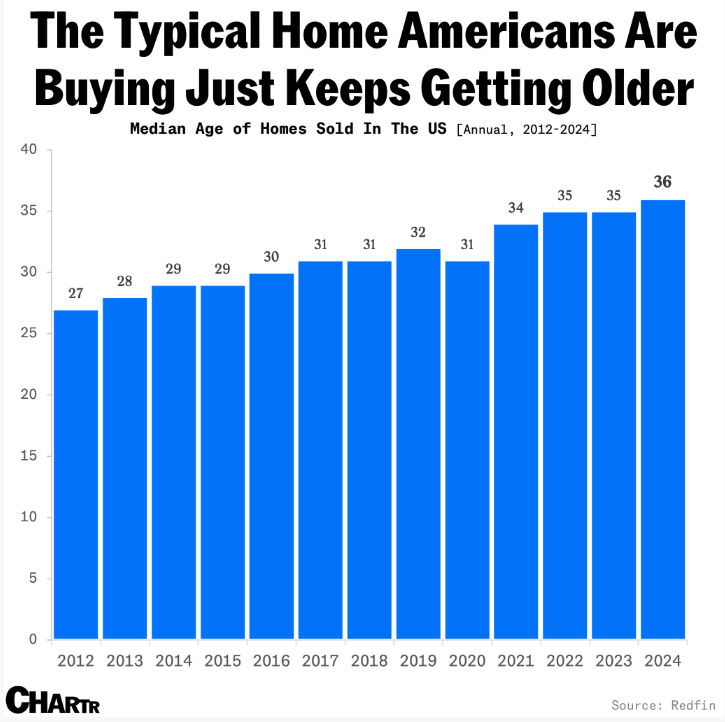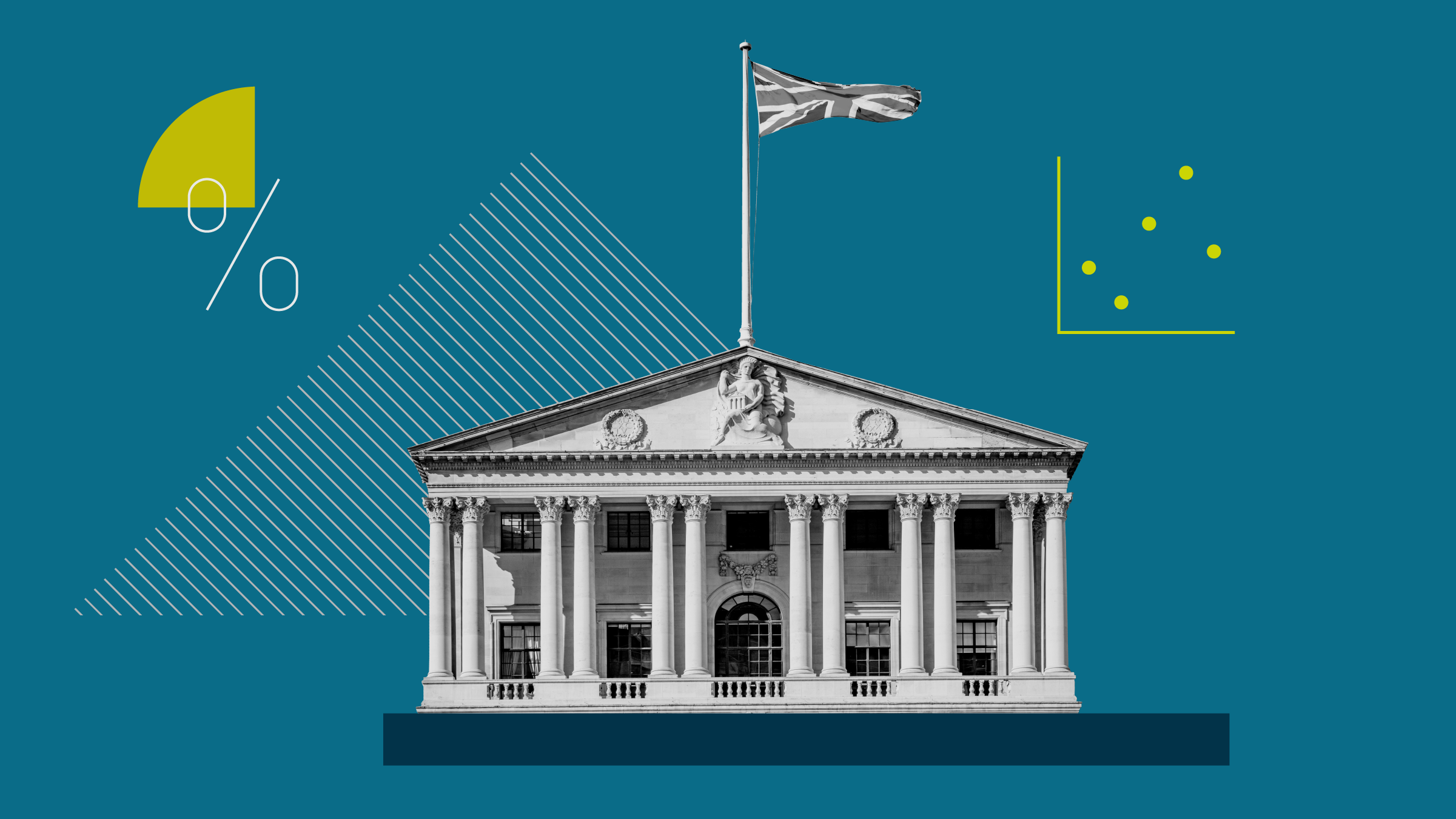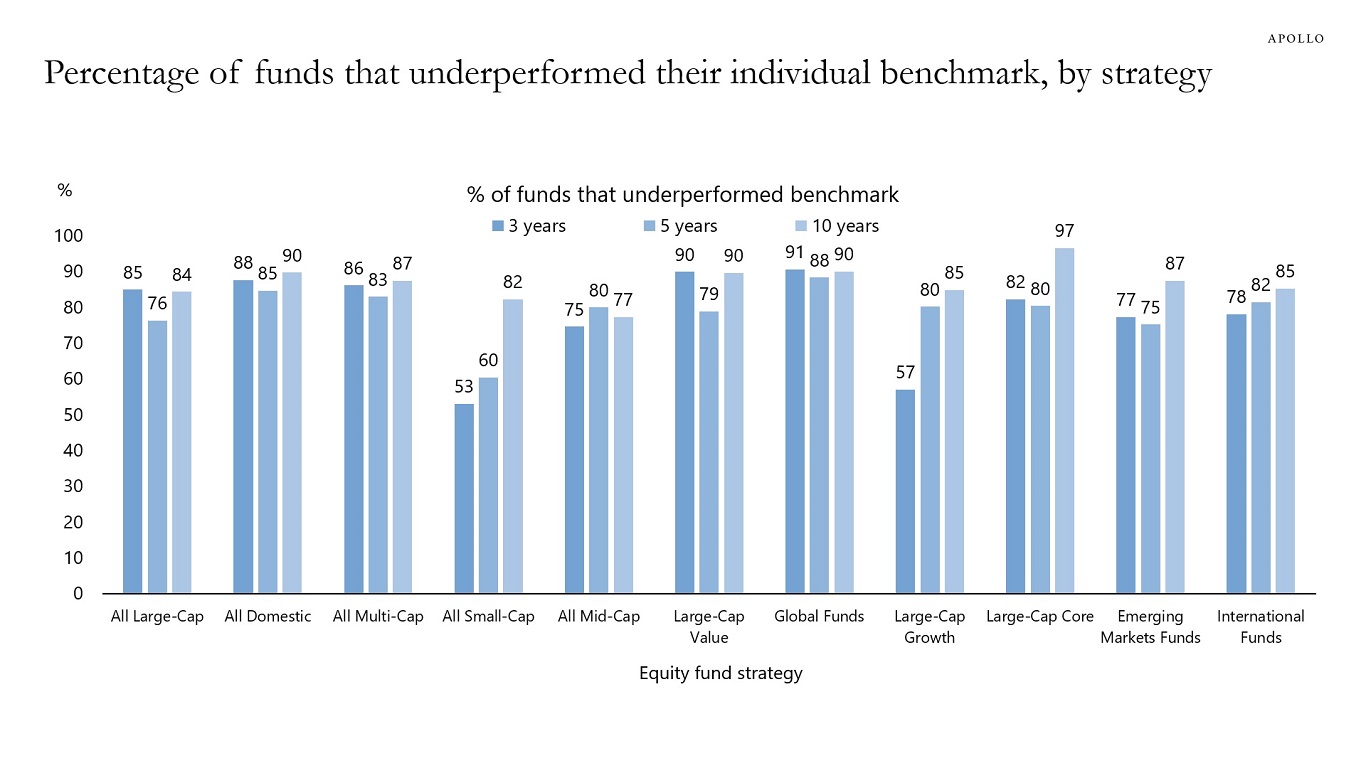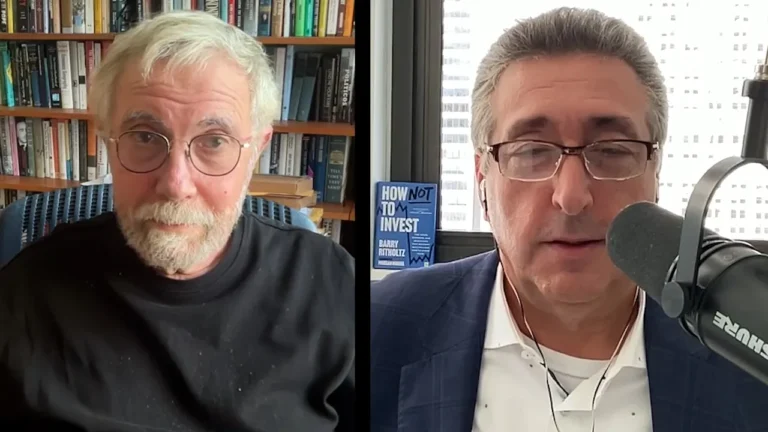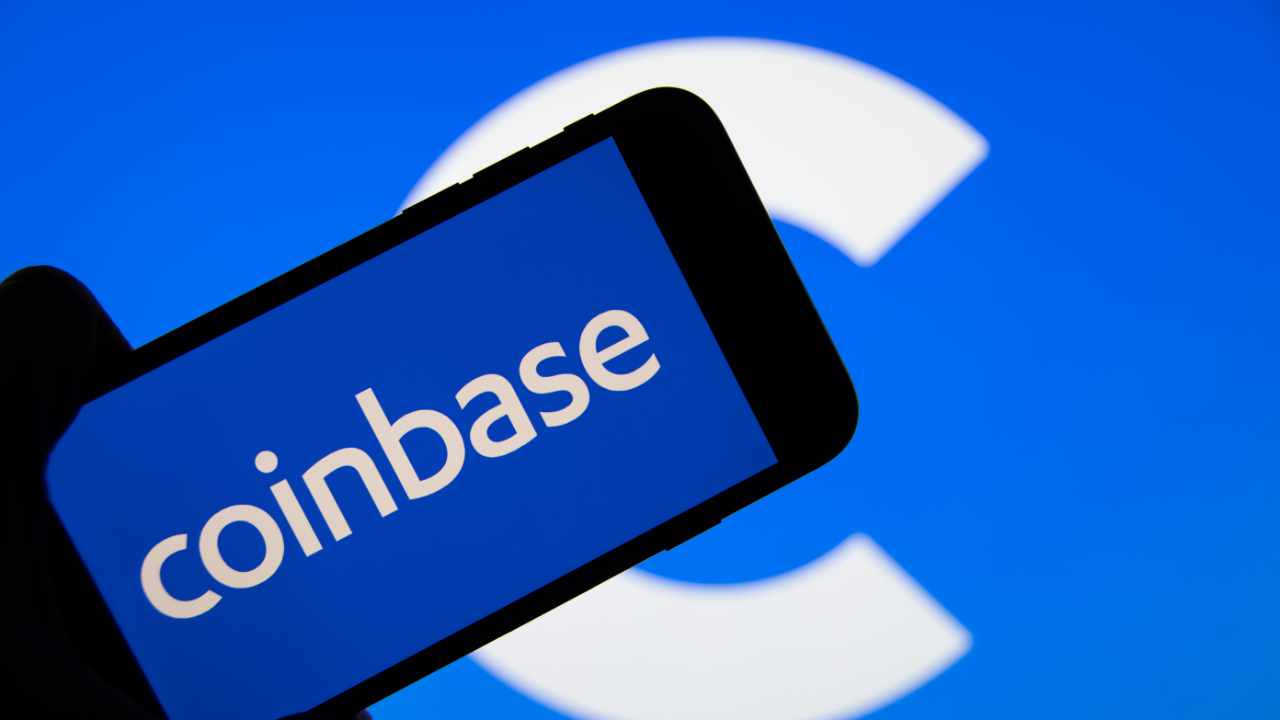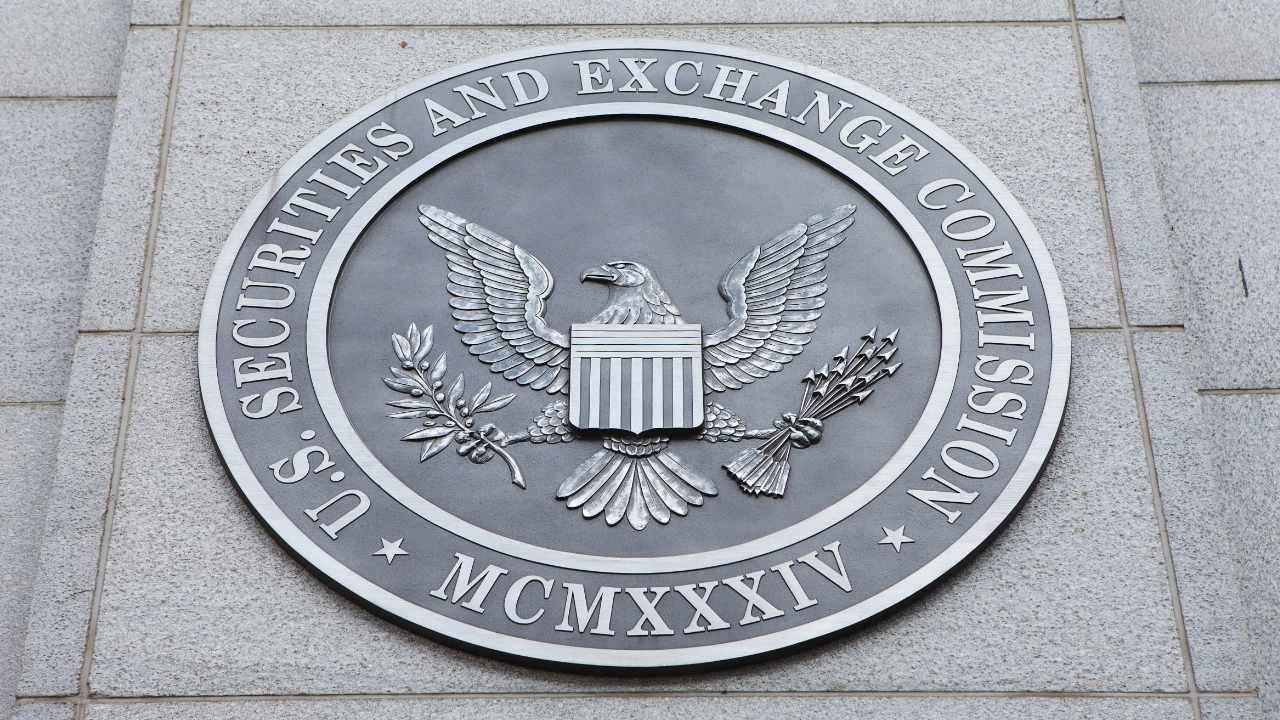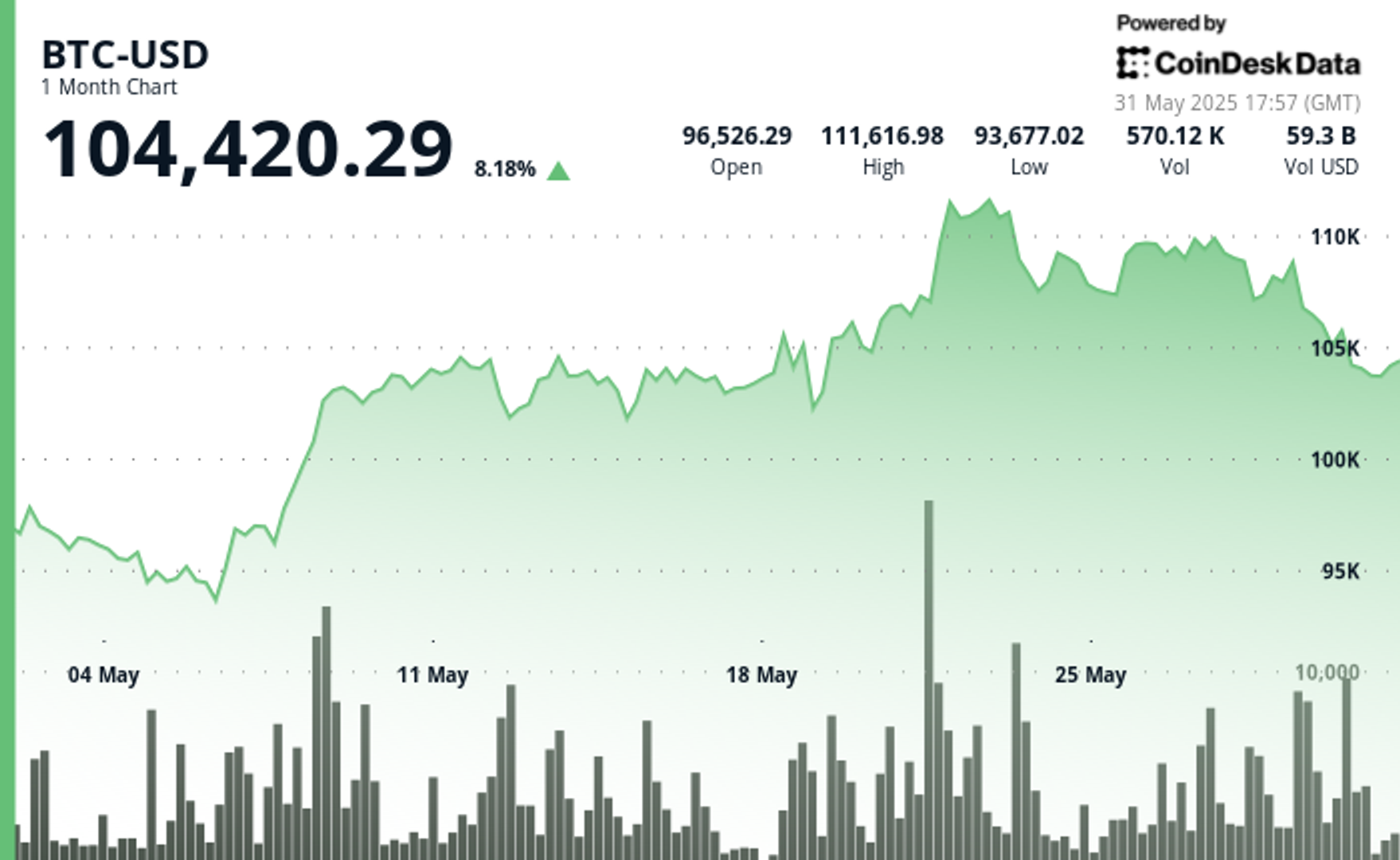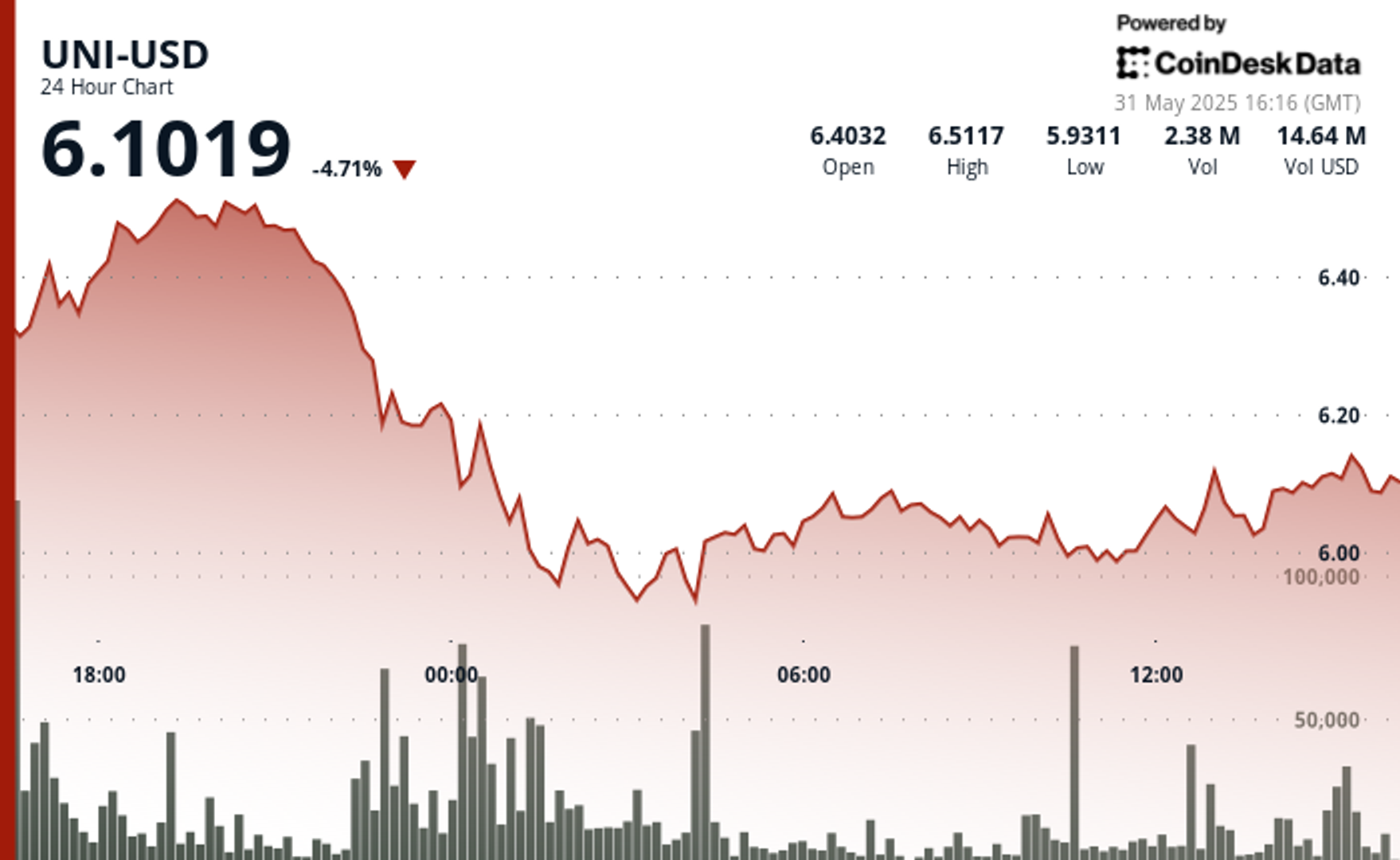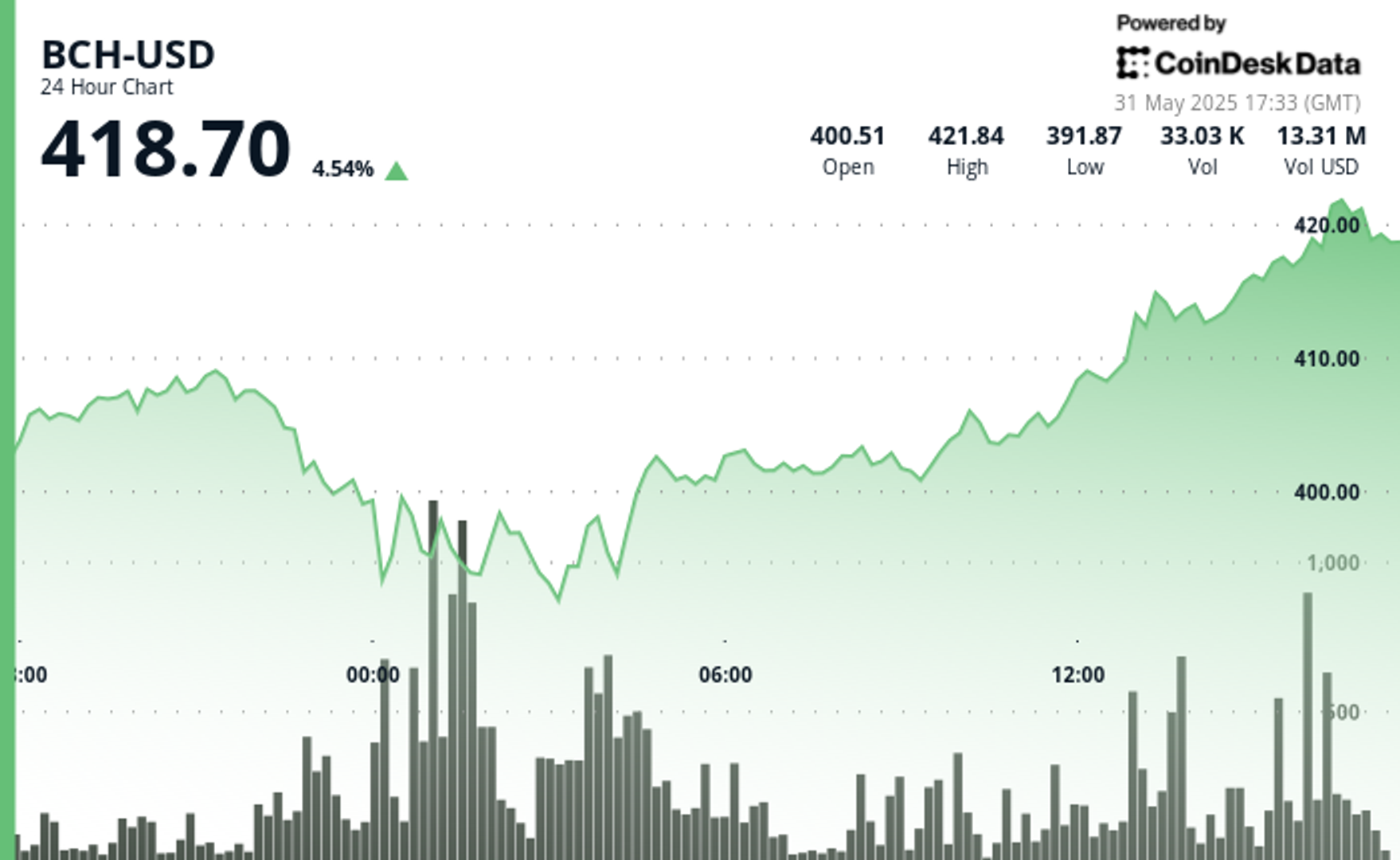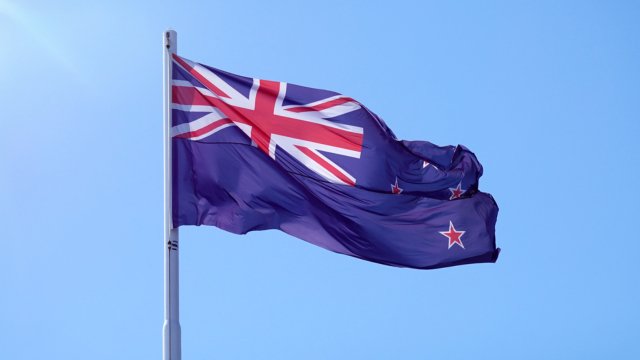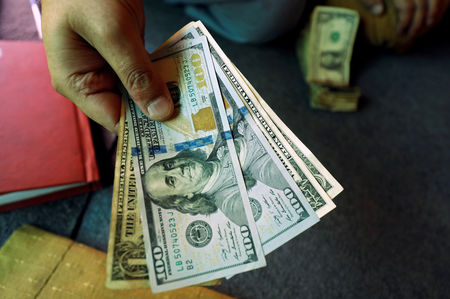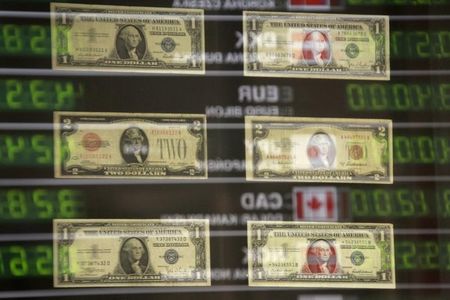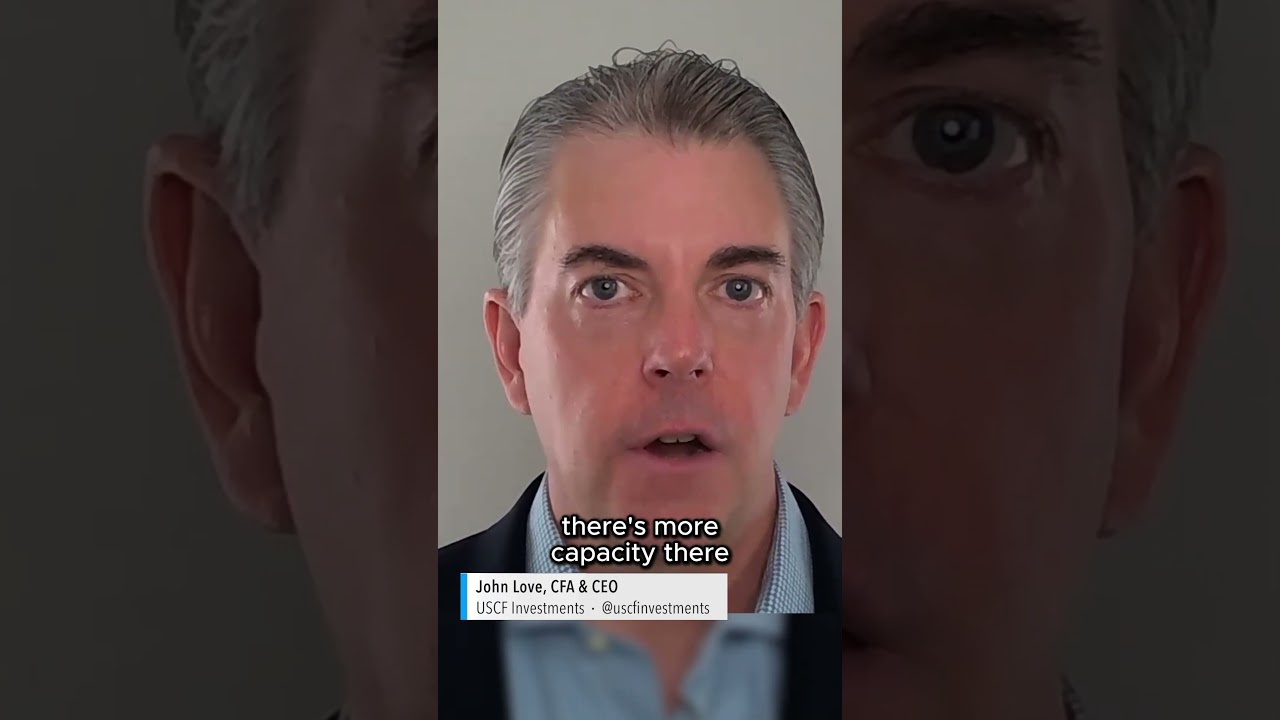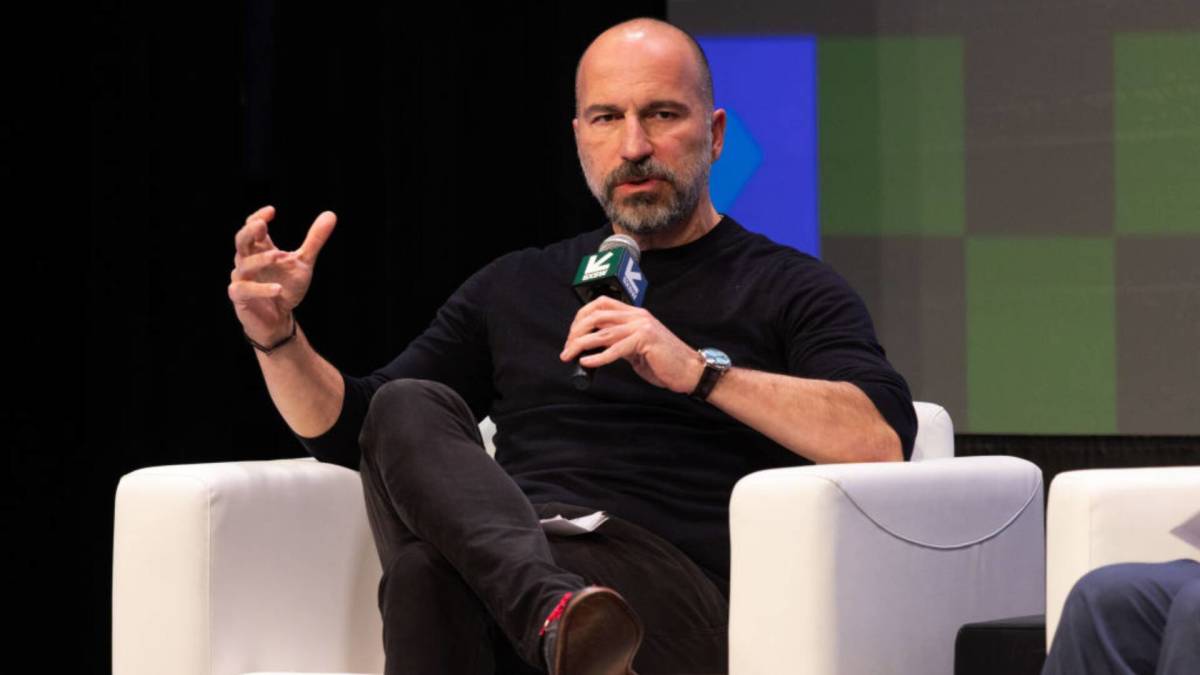Tariff repeal couldn't come at a better time for US businesses
The US Bureau of Economic Analysis is out with its latest data, and it doesn't look good.
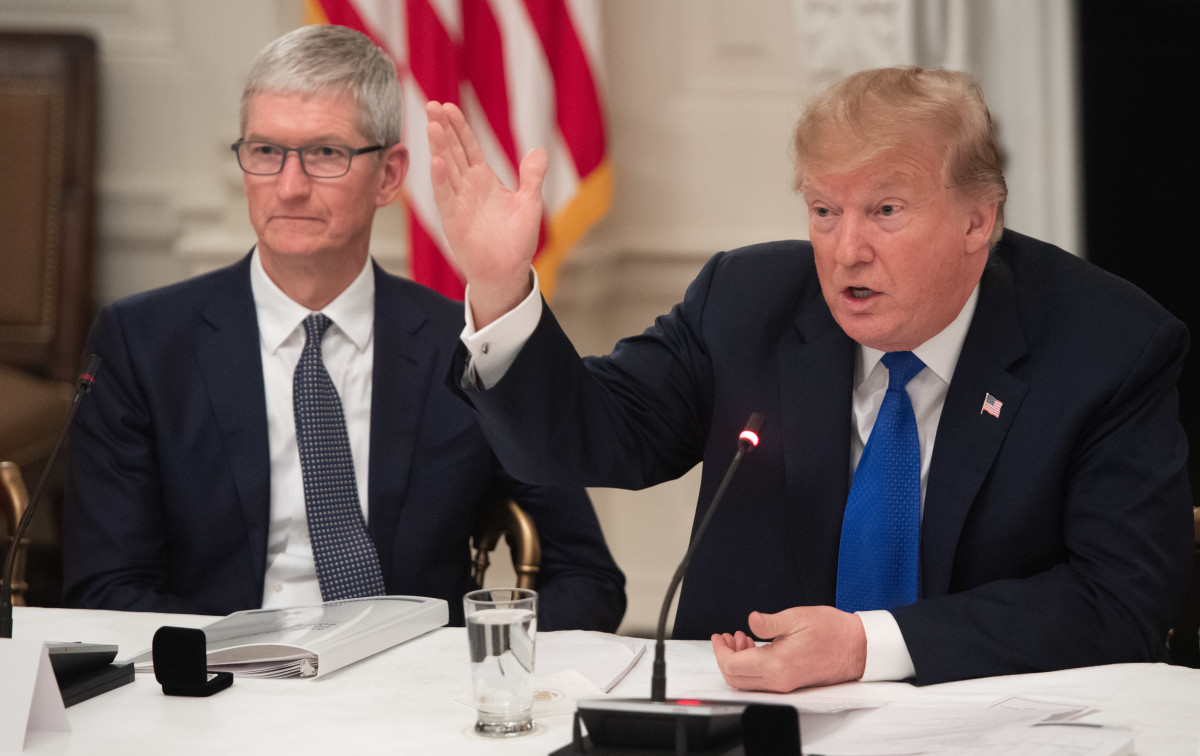
The White House just took its biggest loss this week after a panel of federal judges ruled that President Donald Trump doesn't have the Constitutional authority to impose the sweeping tariffs that he has.
On Wednesday, May 28, the U.S. Court of International Trade ruled 3-0 that Trump's Liberation Day tariffs were out of bounds under the federal emergency powers he invoked to justify the tariffs.
Related: Pfizer, Merck, Johnson & Johnson to lose billions to Trump's latest executive order
While the ruling deals a blow to Trump's economic agenda, it doesn't stop him from instituting a more bespoke tariff policy that does comply with the law.
The administration filed an appeal within minutes of the ruling, and Stephen Miller, Trump's chief of staff, called it a “judicial coup.“
The case could eventually reach the U.S. Supreme Court, and the Trump administration still has the power to impose a wide range of tariffs, but for now, most of the tariffs Trump implemented last month have been put on hold.
The damage to many businesses has already been done, however.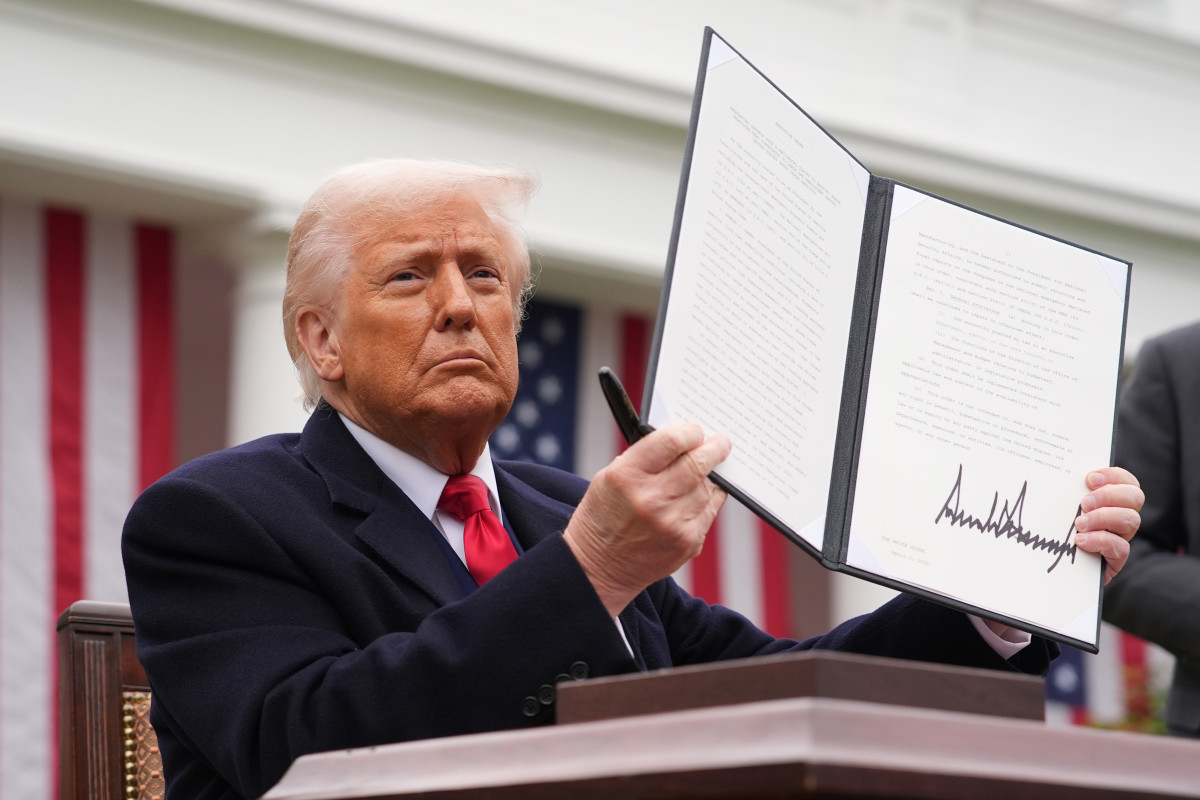
U.S. corporate profits are declining
Before the election, the business community was in the tank for four more years of a Trump presidency. Less than half a year later, some of those business leaders may be experiencing buyer's remorse.
U.S. business profits from current production, with inventory valuation and capital consumption adjustments, fell $118.1 billion in the year's first quarter. This decline comes after profits jumped $24.7 billion in the previous quarter.
Real gross domestic product decreased at an annual rate of 0.2% in the first quarter, according to the U.S. Bureau of Economic Analysis. This is a steep reversal from the 2.4% GDP growth in the fourth quarter.
The decrease in GDP was due to an increase in imports during the quarter, as merchants did all they could to avoid Trump's tariffs before they went into effect, and a deceleration of consumer spending.
Despite that deceleration, consumer spending and gross private fixed income rose 2.5% in the quarter, revised down from a 3% estimate.
Meanwhile, gross domestic prices increased 3.3% as personal consumption expenditures increased 3.6%.
The trade war is far from over
Business leaders have had a mixed reaction to Trump's tariffs.
The domestic automotive industry has publicly welcomed the tariffs, calling them good for the domestic workforce and the U.S. auto industry in general. However, Ford, General Motors, and Stellantis all suspended their guidance for the year due to the uncertainty around tariffs.
The automotive industry is one of the few whose 25% duties remain unchanged by Wednesday's ruling.
Retailers like Walmart and Target, meanwhile, have publicly criticized the tariffs and how they negatively affect their bottom lines.
“Given the magnitude of the tariffs, even at the reduced levels announced this week, we aren’t able to absorb all the pressure given the reality of narrow retail margins,” CEO Doug McMillon said during Walmart's earnings call. The comments immediately received pushback from the president, who told McMillon to quit complaining.
While the courts gave businesses a slight reprieve, the trade war is far from over.
“Is the tariff drama over, in our view? I would say no. I think this is something that we're going to have to contend with for the next three-plus years, to be honest with you,“ Senior Vice President of CFRA Research Angelo Zino recently told TheStreet.
Related: Hollywood reeling from surprising Trump announcement






